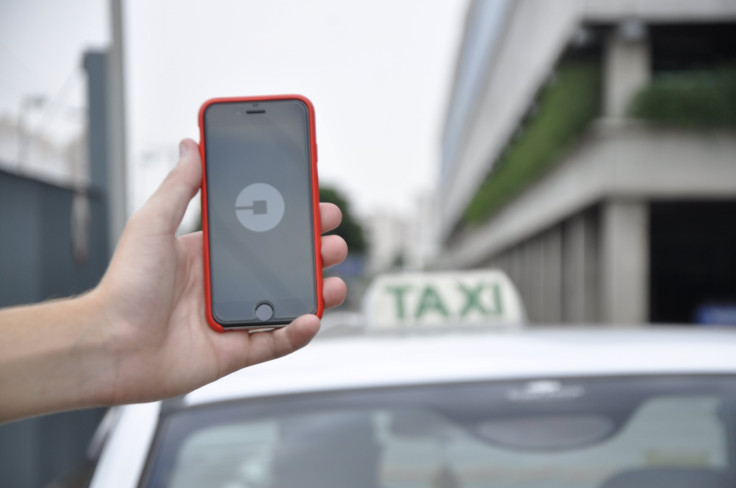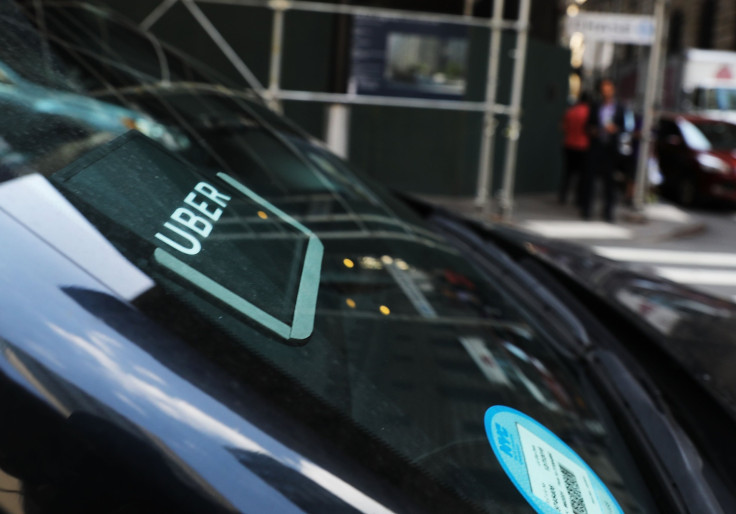Uber In Singapore: Company Used Recalled Cars Until One Caught Fire [Report]

Uber managers in Singapore bought and continued to used a fleet of defective cars for its drivers in the country until a car fire earlier this year forced the company to quickly correct the problem, according to a report from the Wall Street Journal.
Uber Singapore’s problem with its defective cars was partially tied to the company’s plans for growth and expansion within the country. Uber’s strategy in Singapore had traditionally been to purchase its own cars and rent them to drivers and as part of this plan, Uber used alternative third-party providers to stock its fleet in order to save money. Uber’s fleet within the country included more than 1,000 Honda Venza sport-utility vehicles, but in April 2016, Honda issued a recall on gas-powered versions in the series due to an internal component that could catch fire.
Read: Uber CEO's Departure Comes After Months of Scandals
However, Uber and its partners had a delayed response to the recall announcement. According to the Journal, Uber purchased additional Honda Vezels even after the manufacturer’s initial recall. Uber’s Singapore team was in regular talks with car supplier Sunrita Pte Ltd to get parts for the recalled Hondas, but this process was held up by delays getting replacement supplies. During this time period, Uber still allowed the recalled cars to be used by drivers on the road.
The local program only saw significant revisions after a car used by an Uber driver caught fire during a ride in January 2017. The driver was unharmed following the incident, per an accident report. In the days following the fire via the Journal, Uber officials in Singapore and San Francisco coordinated a repair plan with Singapore regulators and drivers, instructing them on how to disable the part in question and schedule an appointment for repair.

In a statement to International Business Times, Uber admitted it could have improved its initial approach to the recall. However, the company pointed to several internal changes made to improve its sourcing and recall response speed. These include an additional three additional staffers for its Lion City Rentals car rental division who focus on safety recalls, starting a formal response system for car recalls and a new policy that will see Uber only buy cars from authorized dealers.
“As soon as we learned of a Honda Vezel from the Lion City Rental catching fire, we took swift action to fix the problem, in close coordination with Singapore’s Land Transport Authority as well as technical experts," Uber said. "But we acknowledge we could have done more—and we have done so."
While the Journal notes that there's no clear indication San Francisco Uber executives knew about the Venzel recall prior to the January 2017 fire, the incident marks yet another high-profile embarrassment for the company under former CEO Travis Kalanick. After a string of missteps, public scandals and legal challenges that include accusations of a toxic office culture and a lawsuit from competitor Waymo since the start of the year, Kalanick resigned from the company in June.
Read: Grab, Uber's Southeast Asia Rival, Gets $2.5 Billion In Funding
Uber’s approach to its Singapore operations also reflects the increasing competitiveness of the ride-hailing space internationally. While Uber has been a dominant player within the U.S., it has struggled to make a similar impact within Asia. The ride-hailing service launched a China division in 2013, but backed out of the region last year through a partnership with Chinese rival Didi Chuxing.
Outside of China, the field has also seen the emergence of similarly aggressive local competitors to Uber. Earlier this month, Singapore-based Grab received $2.5 billion in funding from companies including Softbank and Didi Chuxing. Like Uber, the company offers ride-hailing options for motorcycles, cars and other vehicles in countries including Malaysia, Vietnam and Thailand
© Copyright IBTimes 2024. All rights reserved.











